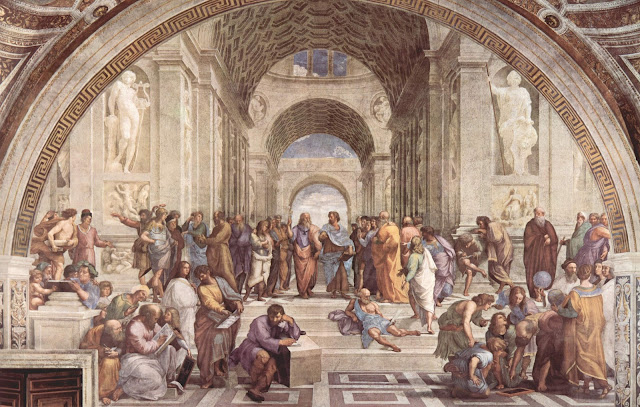Rome Italy's capital is one of the most popular tourist destinations in the world.
It is like an open space museum, the
historic centre contains the highest concentration of ancient remains in the
world and every building, every square has got its own history.
One of the symbols of Rome is St Peter
square with St Peter's Cathedral (Vatican City State), the largest Christian
church in the world. The square was built by Gianlorenzo Bernini between 1656
and 1667.
The Cupola was designed in 1546 by Michelangelo and re-designed and completed by Giacomo della Porta in 1590.
The old town perimeter is surrounded by
the Aurelian walls, overlapping testimonies of almost three millennia, is an
expression of historical, artistic and cultural world of the Western European
world.
Read Also : Health Insurance - Levels of Covers
In 1980, together with the Vatican
extraterritorial properties in the city and the basilica of St. Paul outside
the Walls, it was listed as a UNESCO World Heritage.
More than 16% of the world's cultural heritage is located in Rome (70% in Italy). With about 52,000 hectares of green ground, Rome is considered the greenest city in Europe. In addition to historic villas there are numerous other green areas, as well as land devoted to farming in more remote areas. The protected areas cover a total of 40,000 hectares
Rome is the largest agricultural
town-area in Europe, with an area of 517 sq km, about 40% of the total
municipal area. In Vatican City there are also the Vatican Museums with the Sistine
Chapel and Michelangelo affrescos, Raffaello Rooms ("Raphael's
rooms"), the prestigious Vatican Library and other important art works of
Leonardo da Vinci, Giotto and Botticelli.
Another symbol of Rome is the Colosseum, the Flavian amphitheater, the biggest ever amphitheater built by the Romans.



Post a Comment